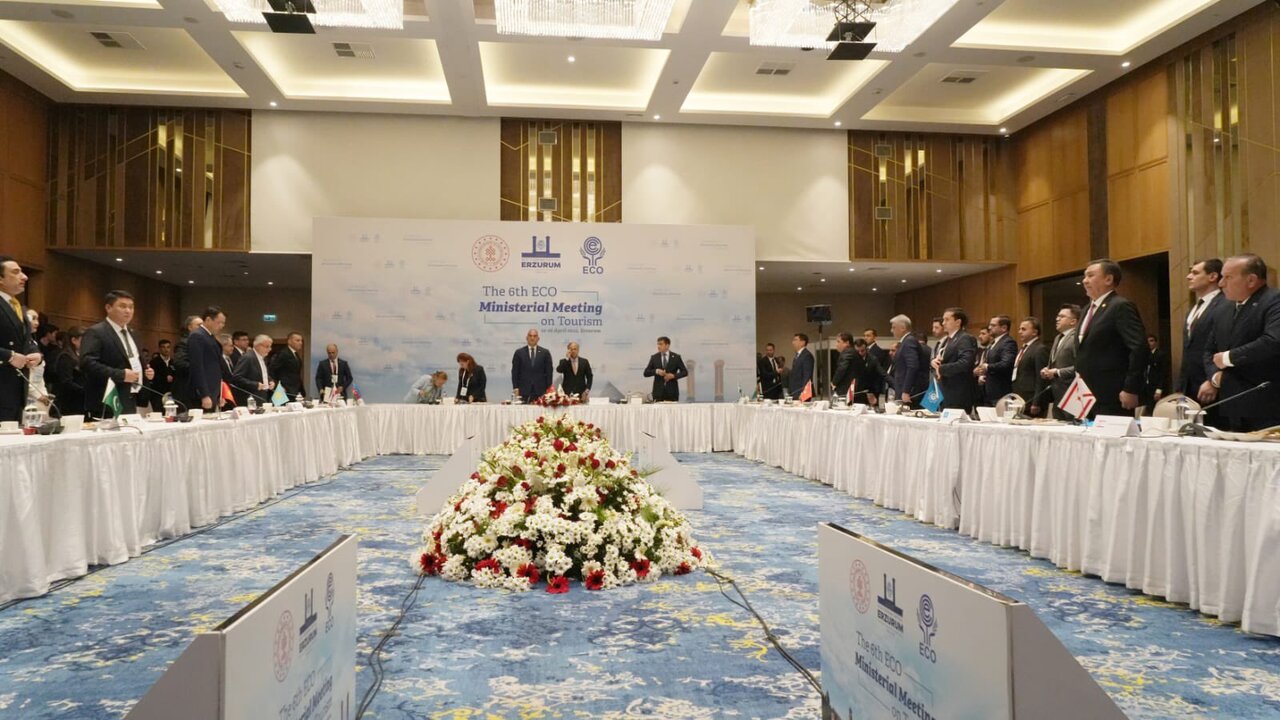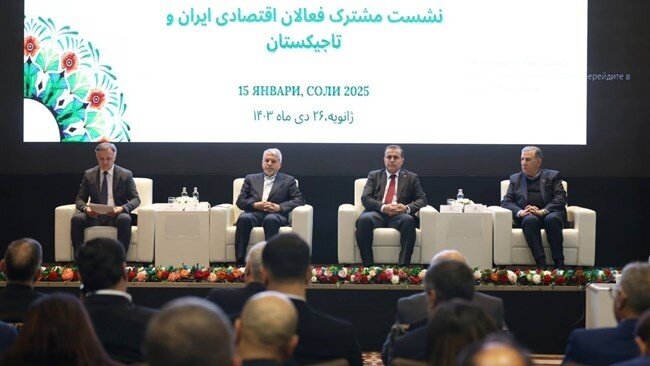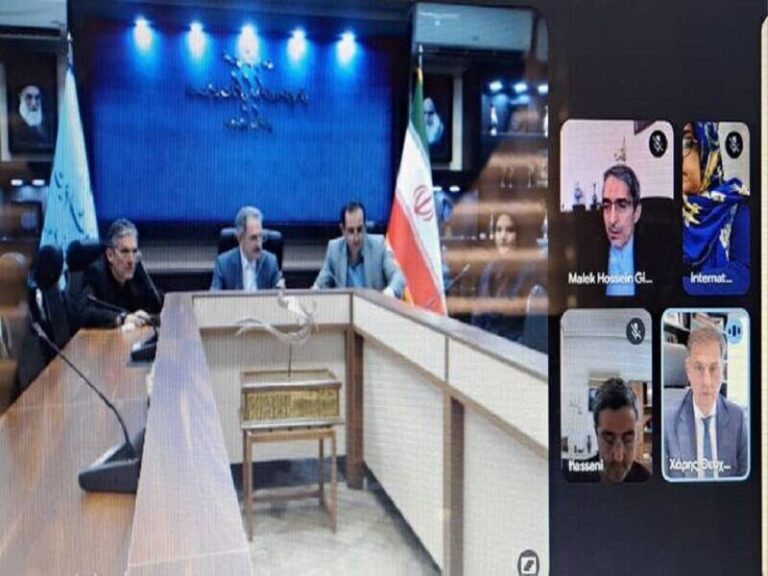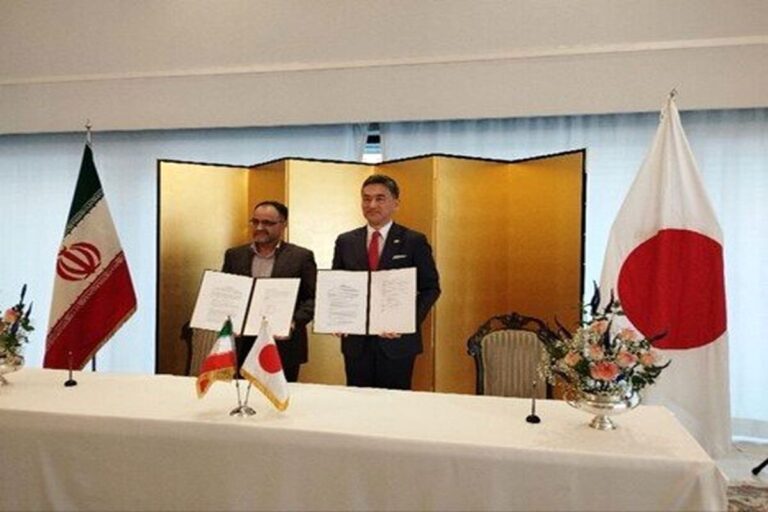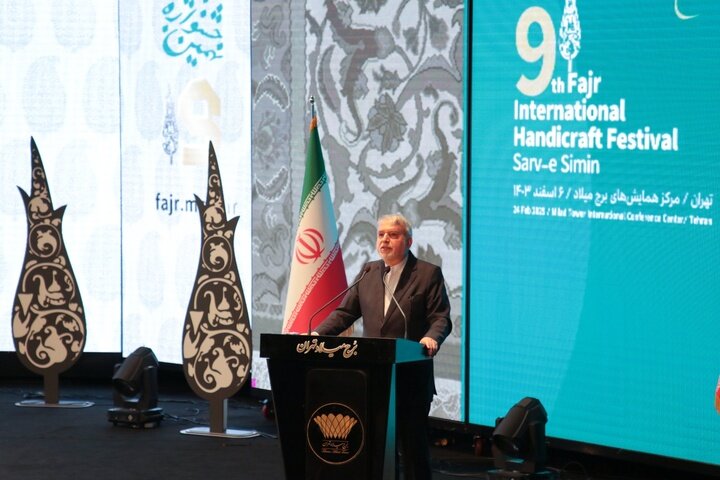Eco-Tourism Ministers Gather in Erzurum to Boost Regional Collaboration and Sustainable Travel Initiatives
The 6th Ministerial Meeting on Tourism organized by the Economic Cooperation Organization (ECO) took place on Saturday in Erzurum, which has been designated as the ECO Tourism Capital for 2025. This significant event gathered tourism leaders from nine ECO Member States, along with representatives from the ECO Secretariat, the Organization of Turkic States, and the Turkish Cypriot State. The primary focus of the meeting was to discuss effective strategies for enhancing regional tourism cooperation and development.
The session commenced with remarks from ECO Secretary General Ambassador Asad Majeed Khan, who emphasized the vital role of tourism in fostering regional integration. He also highlighted ongoing initiatives by the ECO aimed at strengthening collaboration in the tourism sector.
One of the key figures at the meeting was Mehmet Nuri Ersoy, the Minister of Culture and Tourism of the Republic of Turkey. He addressed the attendees, showcasing Turkey’s accomplishments and strategic outlook for its tourism industry. His insights provided a valuable perspective on the current trends and future directions in tourism within the ECO region.
During the course of the meeting, significant decisions were made regarding the designation of future ECO Tourism Capitals:
- Lahore, Pakistan was approved as the ECO Tourism Capital for 2027.
- Mary, Turkmenistan was selected for 2028.
- Karakol was recognized for 2029.
These designations reflect the unique cultural heritage and tourism potential that each of these cities possesses, setting the stage for future tourism initiatives.
In addition to these designations, the meeting provided an opportunity to review the progress of tourism cooperation within the ECO framework. Discussions also centered around the development of tourism-related components as part of ECO’s new strategic vision for the upcoming decade. This strategic vision aims to align member states in their efforts to enhance the overall tourism experience in the region.
A major highlight of the gathering was the official launch of the 1st Edition of the ECO Tourism Investment Guide. This publication is designed to attract investments and promote tourism opportunities throughout the ECO region. By providing comprehensive information on potential investment avenues, the guide serves as a crucial resource for stakeholders in the tourism sector.
The meeting concluded with the adoption of the “Erzurum Declaration”, which outlines collective commitments and future directions to bolster regional tourism cooperation. This declaration emphasizes the importance of sustainable development in tourism, aiming to ensure that tourism growth benefits local communities and preserves cultural heritage.
Overall, the 6th Ministerial Meeting on Tourism marked a pivotal step towards enhancing regional tourism collaboration among ECO member states. With a focus on sustainable practices and strategic investments, the ECO is poised to play a significant role in the development of tourism in the region.
As the ECO prepares for the upcoming years, the commitment to fostering tourism cooperation will be crucial for economic growth and cultural exchange among member states. The partnerships formed during this meeting will undoubtedly pave the way for a more integrated and prosperous tourism landscape in the ECO region.
